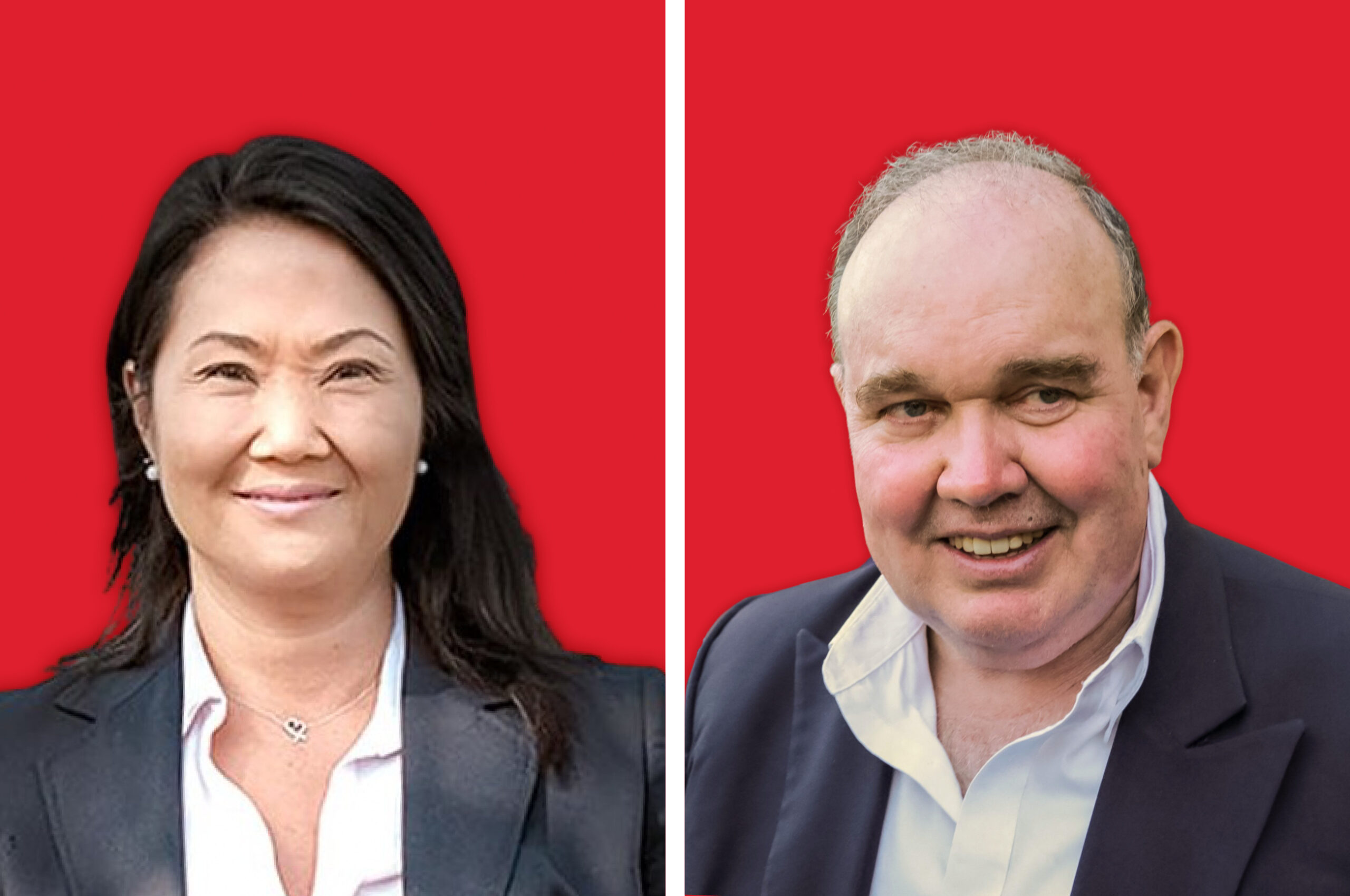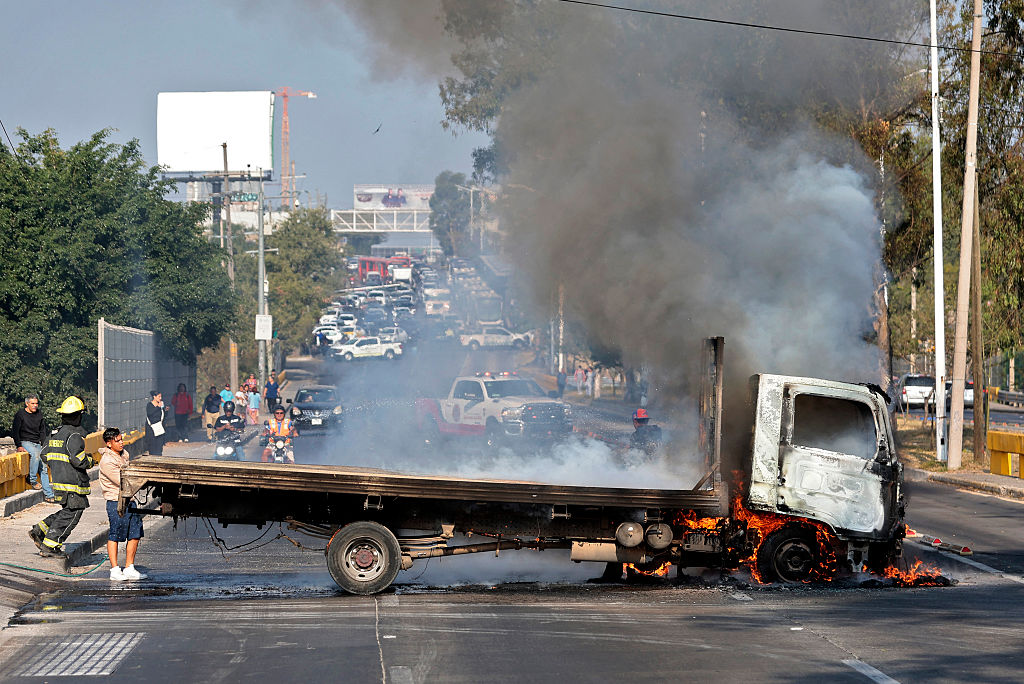Betancourt's Liberation Stirs the Andes
Betancourt's Liberation Stirs the Andes
The dramatic rescue of Ingrid Betancourt raises speculation about who may run in Colombia’s next presidential race. Meanwhile, her release places pressure on the FARC to liberate all hostages. A recent AS/COA analysis takes a closer look at the FARC’s diminishing power.
In a bloodless rescue mission, Colombian military freed ex-presidential candidate Ingrid Betancourt, three American military contractors, and 11 soldiers held hostage by the Revolutionary Armed Forces of Colombia (FARC). The military operation was planned for several months leading up to July 2, when military intelligence cheated guerrilla commanders in charge of safeguarding the hostages, making them believe that FARC’s new commander Alfonso Cano wanted to move the prisoners to a different location using the transportation services provided by an unspecified NGO. Trained special commandos posed as NGO workers and journalists, fooling even the hostages and leading to a successful rescue.
As the dust settles after the dramatic rescue, speculation grows over its political impact. Following the raid, President Álvaro Uribe’s approval ratings shot up from an already high 73 percent to 91 percent, according to a July 6 poll (PDF) published by El Espectador. If elections were held this week, Uribe would win a third term by securing 79 percent of the votes. Defense Minister Juan Manuel Santos’ approval ratings jumped from 47 percent to 76 percent, giving him clout as a possible candidate who would likely gain Uribe’s endorsement should the president desist from seeking reelection.
A third term for Uribe would require a national referendum to change the constitution, which the president could well win, given his popularity. But the possibility raises concerns that such a move could weaken Colombia’s democratic institutions, writes Harvard University’s Edward Schumacher-Matos. An analysis by New York University’s Patricio Navia recommends that Uribe crown his achievements by voluntarily stepping down in 2010.
Meanwhile, the rescue brings another strong possible candidate into the fold: Betancourt. The El Espectador poll shows that 50 percent of Colombians support her presidential nomination. In an interview with Semana, Betancourt stated she remains undecided about whether to pursue a nomination. Yet she also said, “La política es mi vida,” (“Politics is my life.”) leaving the door open to a presidential run.
The Franco-Colombian politician also finds herself riding an international wave of good will. Chilean President Michelle Bachelet called for Betancourt’s nomination for the Nobel Peace Prize. She has already met with the French president and the Pope and she has drawn comparisons to former South African President Nelson Mandela.
Ingrid Betancourt was the highest profile hostage retained by the FARC, and her freedom strikes another blow to the ailing rebel group. The FARC still has more than 700 hostages in their power, but they have arrived at a particularly weak moment. The fragmented communication between guerrilla fronts and its central command, massive desertions, and the recent death of three members of the Secretariat—including its founder Manuel Marulanda—have engulfed its militants with pessimism. Read an AS/COA analysis examining the FARC’s dwindling strength.
Venezuelan President Hugo Chavez also appears to have taken a hit as a result of the hostage release. In the past months, he used his mediation efforts with FARC as a political spear to attack Uribe. But with the high-level hostages out of the game, Chavez finds his regional influence as a power broker weakened while Uribe’s grows. An analysis by the Financial Times’ Richard Lapper takes a closer look at the Latin American power shift resulting from the rescue.








